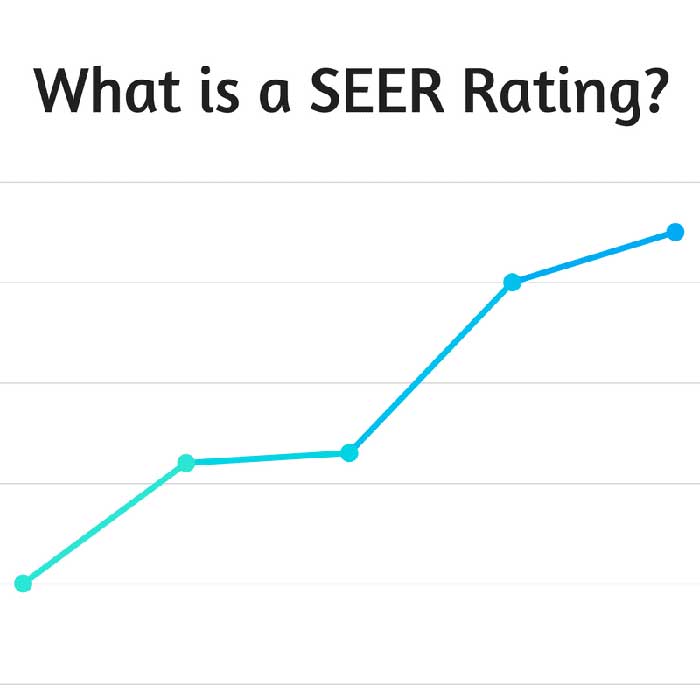The US Energy Information Agency recently announced that new minimum energy efficiency standards for residential central air conditioning and heat pump systems will be put into place starting in January 2023.
The new SEER standard
SEER stands for Seasonal Energy Efficiency Ratio and is a measure of the general energy efficiency of air conditioners and air-source heat pumps. SEER ratings indicate how well an air conditioner will perform, from an energy standpoint, across the whole season (not just during periods of peak use). Most AC units have a label that lists the SEER rating, among other specs. Florida currently requires a SEER rating of 14 or higher. The new standards for 2023 will require a SEER of 15 or higher for the Southern part of the US.
Regional Requirements
SEER regulations were first put into place in 1992 when President Bush signed the Energy Policy Act. At that time, federal regulations required a minimum SEER rating of 10 for heating and air conditioning systems. The national rating requirement rose and fell over the next couple of decades, setting at 13 until 2011. In that year, the US Department of Energy established regional SEER rating standards, understanding that the amount of energy used for air conditioning varied in different parts of the country. For example, the Southern region has a longer warm-weather season than the North, so AC units run longer and use more energy to cool homes in the region.
What the new SEER standard means for you
A good SEER rating can be a key factor in selecting an energy-efficient AC unit. The higher the SEER rating, the more you can save on electricity over the season, because the AC system needs less energy to function. Just by choosing a system with a SEER rating of 16 versus 14, you can knock about $50 off your electric bill for the year.
There are also environmental perks to using an AC system with a higher SEER rating. An energy-efficient unit can help reduce your carbon footprint by lowering greenhouse gasses and other atmospheric pollutants. In addition, most newer units no longer use freon, which used to be the standard coolant. Freon is a gas that is harmful to the environment, so most new systems use a refrigerant called Puron, which has been shown not to be harmful to the ozone layer.
Updating your AC to meet the new SEER standards
You are not required to replace your existing air conditioning unit if it has a SEER rating below the new standard, but if it fails and you need a new one, you will need to make sure it has a SEER of 15 or higher. When you do decide to update or replace your unit, there are several other factors to take into consideration, including the unit’s BTUs, the size of your home, the type of insulation you have, and if there are any leaks around your doors or windows. All of these factors go into making your Naples home energy-efficient and help ensure you’re getting the most out of your system. A skilled HVAC specialist like the folks at Best Home Services can help you choose the most effective and efficient system for your home.
Find out how you can make your AC more efficient!
Give the AC pros at Best Home Services a call today at (239) 932-7854 to see how much money and energy you can save, even before the new regulations go into place. We make it our business to keep up with the latest, and we’re always here to help!

